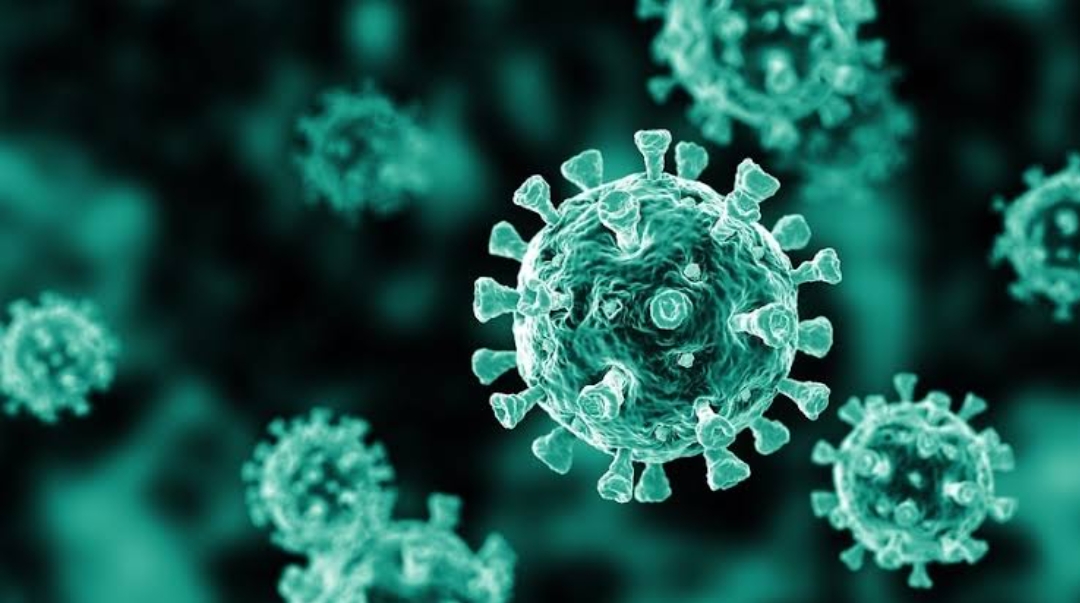
Some Covid patients experience ringing in ears, tinnitus?
The death of Kent Taylor, the founder and chief executive of the Texas Roadhouse restaurant chain, has drawn attention to a possible link between COVID-19 and tinnitus (ringing in ears). Taylor, 65, died by suicide last week, and his family told news outlets, including The Washington Post, that he had been battling “post – Covid related symptoms, including severe tinnitus” at the time of his death.
Tinnitus is when you experience ringing or other noises in one or both of your ears. The noise you hear when you have tinnitus isn’t caused by an external sound, and other people usually can’t hear it. It is often a condition that is not medically serious. However, the distress and anxiety it produces can often disrupt people’s lives. Most people who have tinnitus have subjective tinnitus, or tinnitus that only you can hear. The noises of tinnitus may vary in pitch from a low roar to a high squeal, and you may hear it in one or both ears. In some cases, the sound can be so loud it interferes with your ability to concentrate or hear external sound. Tinnitus may be present all the time, or it may come and go.
Taylor suffered from a variety of symptoms following his illness, including severe tinnitus, his family said in a statement, adding that his suffering had become “unbearable.” A study published Monday in the Journal of International Audiology that looked at nearly 60 case reports and studies found that 15% of adults with COVID-19 reported symptoms of tinnitus
There is also some evidence that COVID-19 can aggravate symptoms among people who had tinnitus before they contracted the disease. A study published late last year in the journal Frontiers in Public Health surveyed 3,100 people with tinnitus and found that 40% of the 237 respondents who had contracted COVID-19 reported that their symptoms were “significantly exacerbated” following the infection.



















